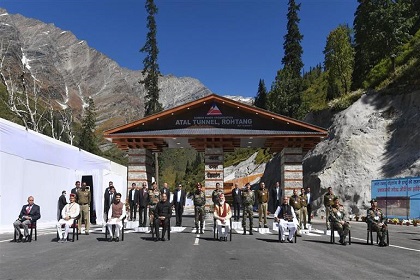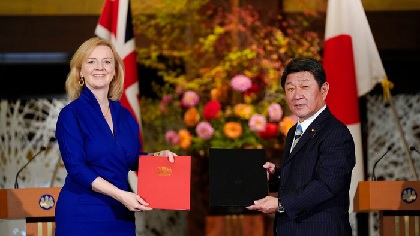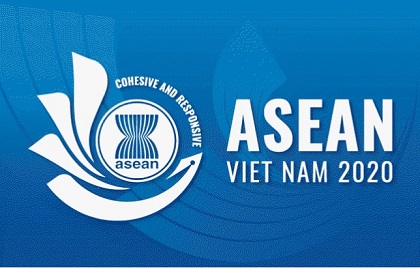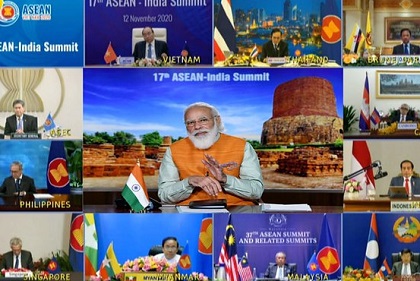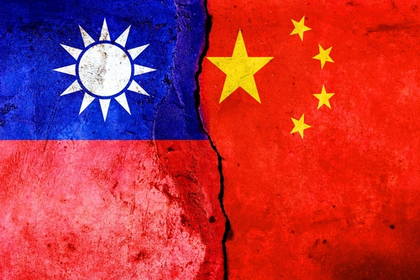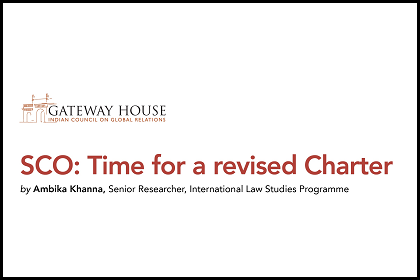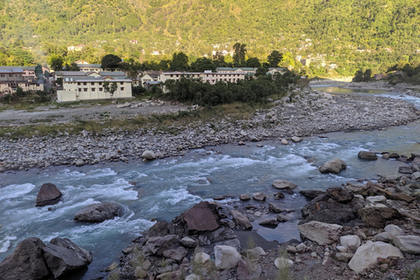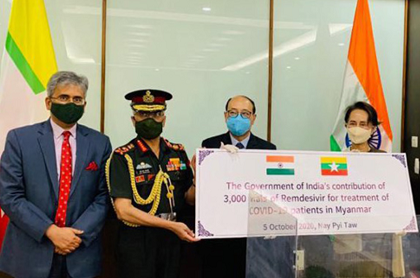The Great Himalayan Achievement
Hailed as the highest altitude tunnel in the world, the Atal Tunnel at Rohtang pass in Himachal Pradesh is a significant part of India’s border infrastructure push. It has reduced travel time from Manali to Leh and forward areas. It is significant for national defence as also tourism because it provides all-weather connectivity to the Lahaul-Spiti Valley.

